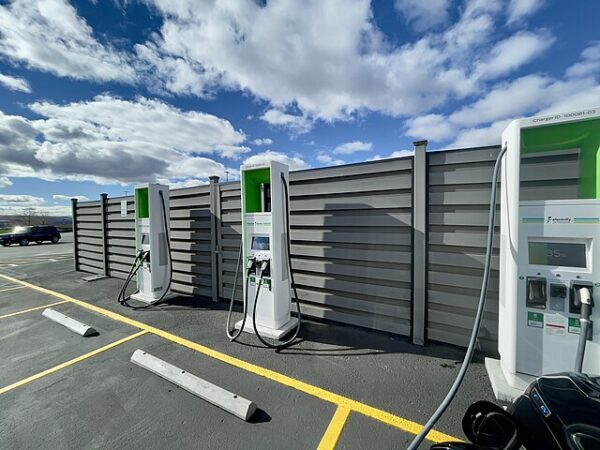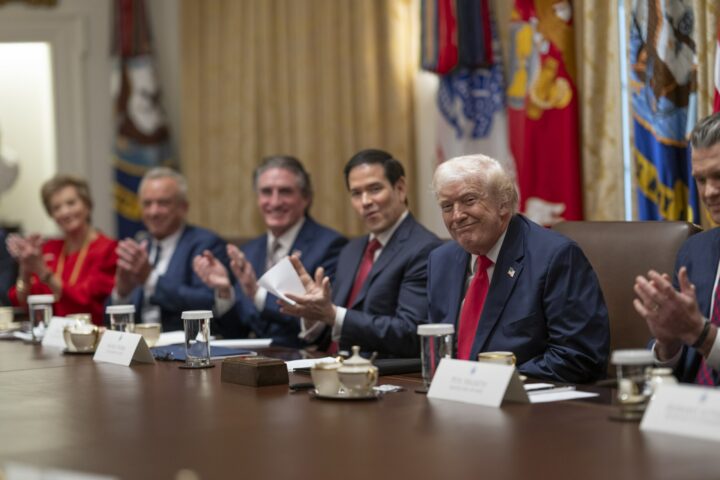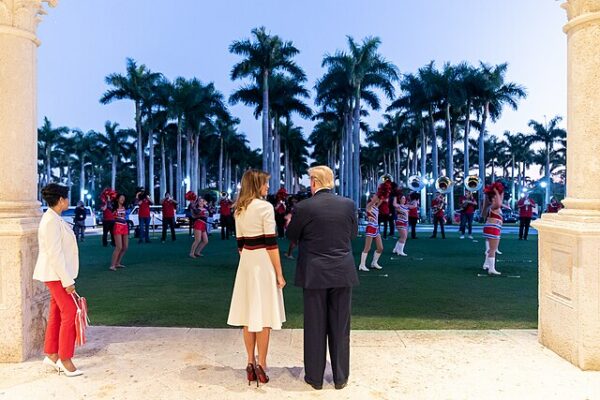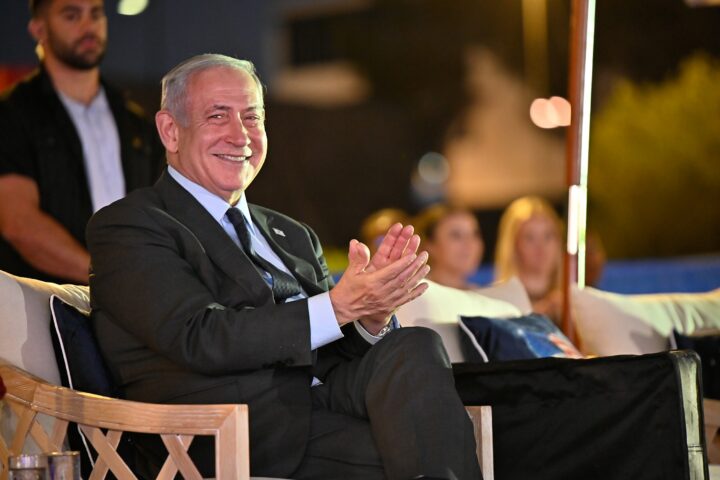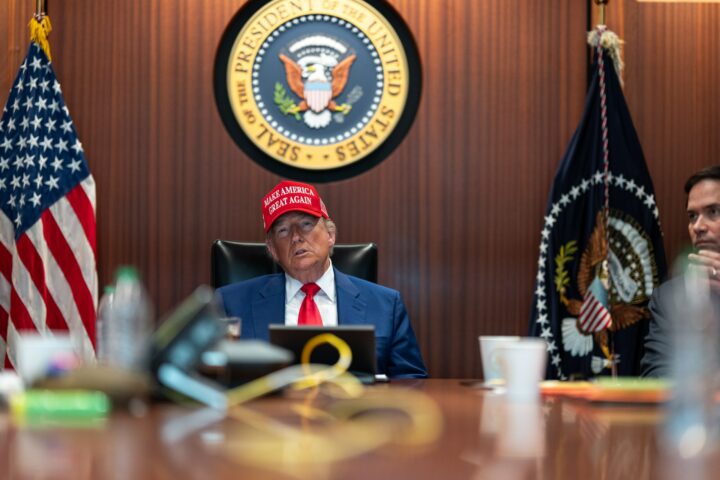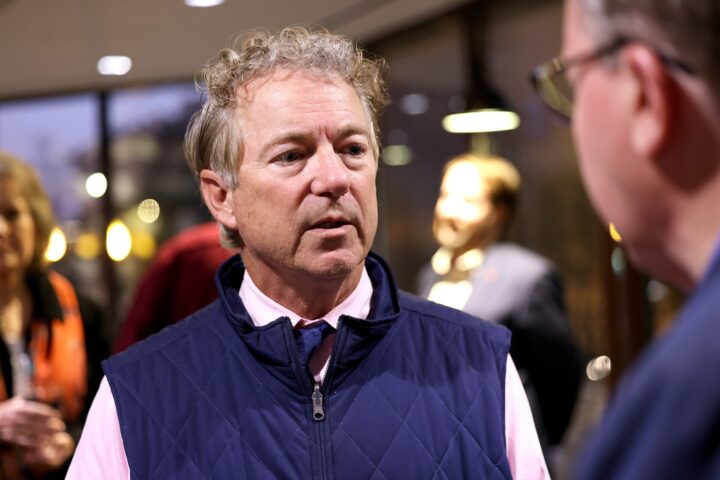Joe Biden loves to tout EV charging stations. One of the White House’s crowing legislative achievements, the 2021 Infrastructure Investment and Jobs Act, set aside a total of $7.5 billion for electric vehicle chargers.
A year later, at the 2022 North American International Auto Show, the president again touted his plan, saying that electric vehicle chargers would be added across 35 states and 53,000 miles of the National Highway System.
Two years later, despite the billions being spent, not a single charger has yet to power up.
States and the charger industry blame the delays mostly on the labyrinth of new contracting and performance requirements they have to navigate to receive federal funds. While federal officials have authorized more than $2 billion of the funds to be sent to states, fewer than half of states have even started to take bids from contractors to build the chargers — let alone begin construction, according to Politico.
Consumer demand for electric vehicles is rising in the United States, necessitating six times as many chargers on its roads by the end of the decade, according to federal estimates. But not a single charger funded by the bipartisan infrastructure law has come online and odds are they will not be able to start powering Americans’ vehicles until at least 2024.
Getting chargers up and running across the country is essential to reaching President Joe Biden’s goal of having half the vehicles sold in the United States be electric by the end of the decade — a key cog of his climate agenda. Americans consistently say the lack of charging infrastructure is one of the top reasons they won’t buy an electric car.
Republican opponents are now trying to shut down the administration’s efforts to build a charging network by choking off its funding. And the sluggish rollout could undermine Biden’s EV-themed reelection messaging and increase the possibility a Republican in the White House could roll back the charging network efforts in 2025.
Breitbart reports that currently, “the United States has just 180,000 EV chargers. The infrastructure package promised to boost the number of EV chargers to half a million by 2030.
Officials with the National Renewable Energy Laboratory have said, though, that half a million EV chargers will be far behind the 1.2 million that will be needed to meet EV charging demand by the start of the next decade.”
CEOs from some of the major car companies have begged President Biden to back off his plans to force electric vehicles to the market. New Conservative Post wrote in October that the push by the White House has led to even some of his staunchest allies in the auto industry to admit that EVs are costing the companies billions of dollars because fewer and fewer customers actually want to drive them.

